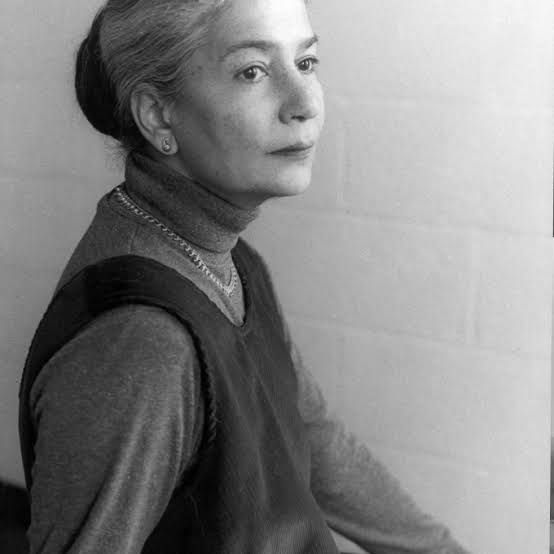In Custody - A Review
Jul 22, 2019 • 52 views
The third novel that we’ll be talking about is ‘ In Custody’ by Anita Desai.

Anita Desai, brings on the 24th of June, 1937, is an Indian Novelist and a Professor of Humanities at Massachusetts Institute of Technology. Having been short listed for the Booker PrizeAward thrice, she was awarded Sagitta Academy Award in the year 1978, for her novel ‘ Fire on the Mountain’. She also received the British Guardian Award for ‘ The Village by the Sea’.
Until the publication of ‘In Custody’, one might have said that the subject of Anita Desai’s novel was solitude. Her memorable characters in some of early works like Fire on the Mountain and Clear Light of Day, were unique isolated figures. In Custody , therefore, is a remarkable piece of work because here Desai chose to write not of solitude but of friendship, the pros as well as perils of friendship.

The story contrasts the slow death of a false friendship between Deven and Murad, and the birth of true compromising one between Deven and the renowned poet Nur Shajajanabadi. This book is a very public fiction doing away with all sorts of reservations and taking on such sensitive themes as the unease of minority communities in modern India, the overpowering character of the Hindi language and the decay of the Indian society.
This book revolves around the calamities and roadblocks faced by Deven in his efforts to interview a great Urdu poet Nur Shajahanabadi. Deven lives a mundane life from which he is offered an escape in the form of an opportunity of meeting and interviewing the greatest living Urdu poet. Contrary to his imagination, the Nur Seven meets is an enfeebled man surrounded by selfish and preying people which is the reason behind his deteriorating health and dying hope.
The females in the novel, subject to such atrocities had no tools for self-expression since they were not educated and considered to be objects to own and make use of. It is authors like Anita Desai who through their works reveal the male dominance, exploitation and objectification of the females. Characters like Deven, reflect the typical males who, top caught up in their lives, of then tend to be oblivious of the females in their houses- their needs, dreams and aspirations that lay buried in the mountain of responsibilities and servility.
